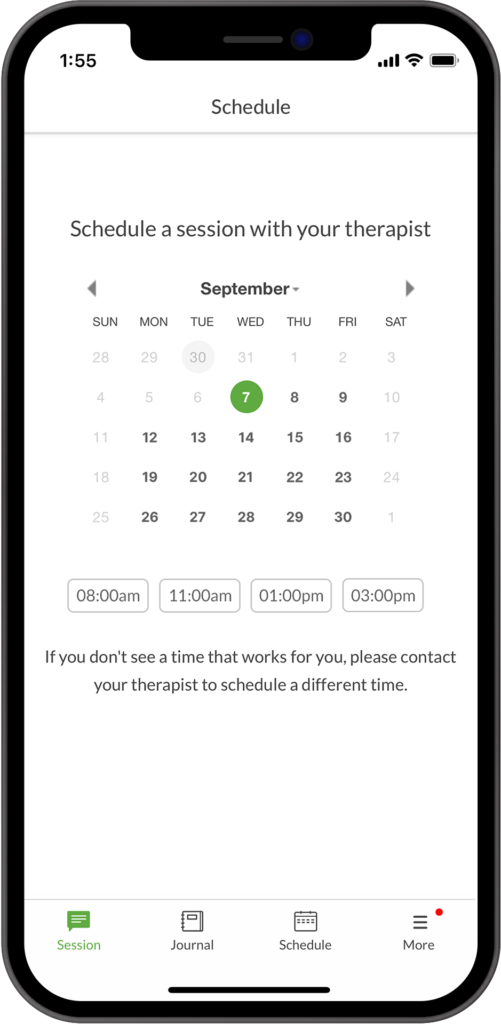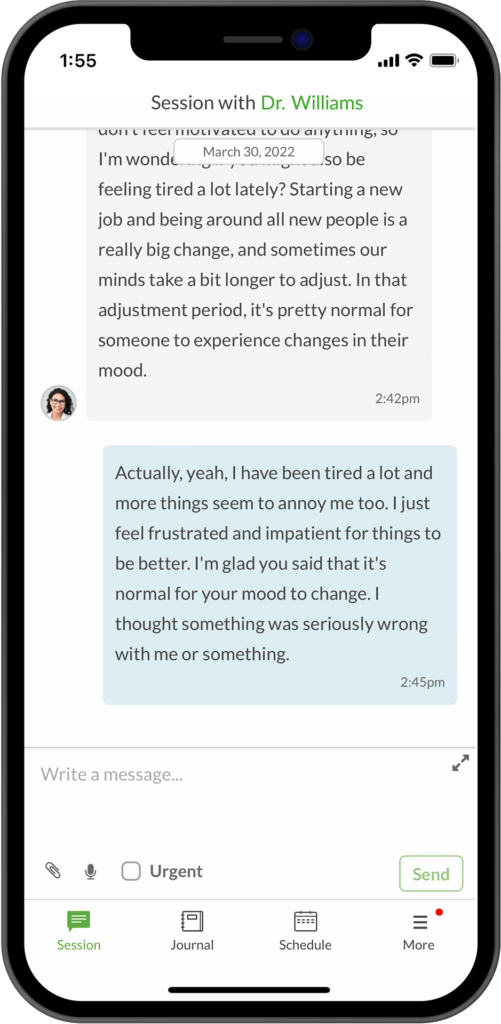Hey there, lovely souls. Are you stuck, struggling, and needing guidance to detach from someone? Well, you are not alone. I’ve been there, done that. I know all too well that in the chaos of life, it’s easy to find ourselves tightly bound to someone emotionally. Let me help you with some practical guidance on a journey towards detachment. Let’s consider the process of detaching from someone while fostering wellness, mindfulness, and personal growth.

Table of Contents
Understanding Emotional Attachment
At its core, emotional attachment is the strong bond between us and someone else, which can sometimes hinder our own well-being. This attachment might stem from various reasons – be it a friend, a partner, or even a situation. It’s crucial to understand emotional attachment isn’t necessarily negative, but when it becomes overwhelming, it’s time to seek balance.
Recognizing the Need for Detachment
Spotting the signs of an unhealthy attachment is the first step. Do you find yourself losing your sense of self? Are you struggling to focus on your personal goals? If so, it’s time to acknowledge that detachment is essential for your growth and happiness. Remember, personal growth is your superpower! Your survival is not dependent on another and you will find a way to detach from someone.
The Detachment Process: Step by Step
1. Self-Reflection and Awareness
Start your journey by looking within. Understand your emotions and the triggers that lead you to over-attach. Embrace self-awareness through practices like journaling and mindfulness. Self-awareness is your compass to navigate the sea of emotions.
2. Setting Boundaries
Boundaries are your lifelines when it comes to detachment. Create clear boundaries to protect your energy and time. Communicate openly and honestly with the person you’re detaching from. This is a form of self-love – and you deserve it!
3. Shifting Focus
Redirect your energy towards your passions and hobbies. Dive into activities that light up your soul. By nurturing yourself, you’ll naturally create space for detachment. Remember, your individuality is a treasure. Self-care is critical.
4. Practicing Mindfulness
Mindfulness is your secret weapon. Embrace the present moment and detach from overthinking. Try grounding exercises and meditation. Mindfulness allows you to break away from habitual thoughts of attachment.
5. Gradual Disengagement
Detachment doesn’t happen overnight – it’s a journey. Gradually reduce excessive contact. Allow yourself to adapt to the changes. It’s okay to feel a mix of emotions. This process is your cocoon of transformation. Let it happen slowly.
6. Seeking Support
You’re not alone on this journey. Reach out to friends, family, or professionals. Therapy or counseling can provide you with invaluable guidance. Seeking help is a sign of strength, not weakness.
For More Support, While You Detach Here Is A Great Resource
If you’re interested in learning more about online therapy, I recommend checking out BetterHelp. They offer online therapy sessions with licensed therapists at an affordable price point.
As you know I’m a huge proponent of mental wellness and ensuring we all get the help we need when we need it. And of course, I don’t want you just to get any help I want you to get the right help so I am now sponsored by BetterHelp.
BetterHelp is the world’s largest therapy service, and it’s 100% online.
BetterHelp offers a network of over 25,000 licensed and experienced therapists who can help you with a wide range of issues.
Just click on the link below, answer a few questions, and get matched with a therapist from the network.
One of the most amazing features of BetterHelp, if you don’t jive with your therapist you can switch to a new one that’s a better fit for you any time free of charge.
With BetterHelp, you get the same professionalism and quality you expect from in-office therapy, but with a therapist who is custom-picked for you, more scheduling flexibility, and at a more affordable price.

Overcoming Challenges Along the Way
It’s important to acknowledge that detachment might come with challenges. Setbacks and relapses are part of growth. When you stumble, stand up stronger. This journey is a testament to your resilience and learning how to detach from someone will guide you further on your path.
Celebrating Personal Growth
As you start detaching, you’ll unlock doors to personal growth. Embrace the positive outcomes – a renewed sense of self, enhanced well-being, and emotional freedom. Your journey inspires others to embark on their path.
Conclusion
In conclusion, know this, detachment is a gift you give yourself. By understanding emotional attachment, recognizing the need for detachment, and following the step-by-step process, you’re rewriting your story. Remember, you have the power to detach with love and compassion. Embrace your journey, embrace your growth. For more on this check out this video post I put together for those who can’t let go and can’t stop thinking of someone. Stay mindful, stay detached, and keep blossoming your awesome!
Frequently Asked Questions About Detaching and Emotional Freedom
I know that detaching from someone can spark curiosity and questions. To ensure you have all the information you need, let’s address some questions to give you a little more clarity.
What are some steps I can take right now to change my mindset?
Great question! Changing your mindset begins with self-awareness. Start by recognizing any negative thought patterns that are holding you back. Practice daily affirmations to shift your perspective towards positivity. Embrace gratitude by listing things you’re thankful for. Small actions will gradually reshape your mindset, leading you towards a more empowering and detached outlook.
Should I just go away for a while?
Taking time for yourself is indeed valuable. Sometimes, physical distance can aid emotional detachment. Consider a short getaway or a solo retreat to recharge and gain clarity. However, keep in mind that true detachment comes from within. Even if you go away, it’s essential to keep working on your emotional and mental well-being.
What about therapy for detaching? Can that be helpful?
Absolutely! Therapy is an incredible tool for detachment and healing. A professional therapist offers a safe space to explore your emotions, thought patterns, and attachment behaviors. You will gain guidance, coping strategies, and a fresh perspective. Therapy can help you navigate the detachment journey with expert support, fostering healthier relationships with others and yourself.
Click on the link below to get started with Better Help.



Comments +
How To Detach From Someone: Finding Emotional Freedom
Mental Wellness, Self Love